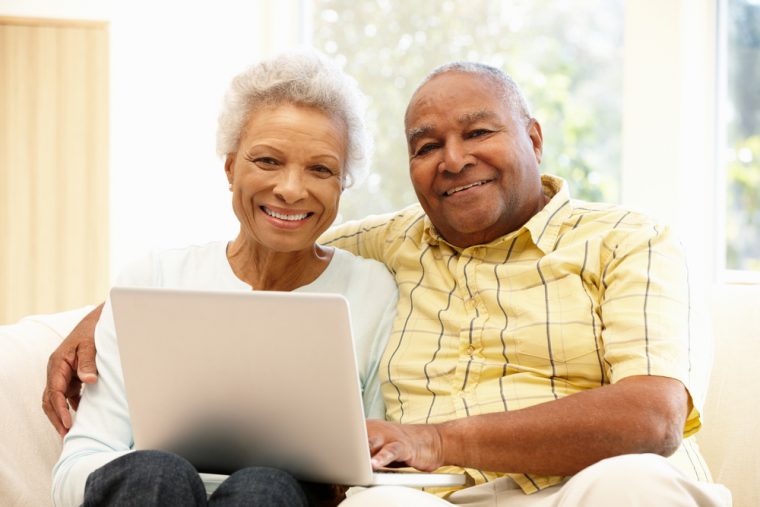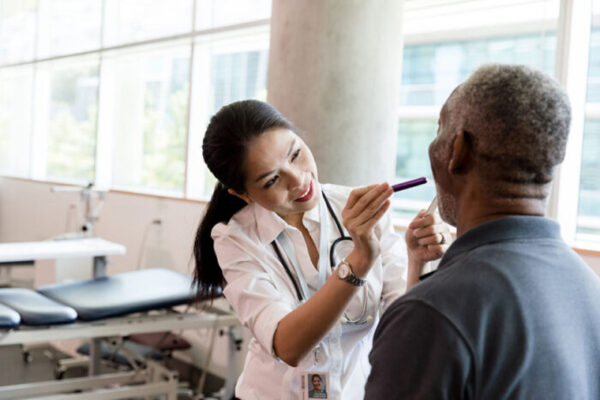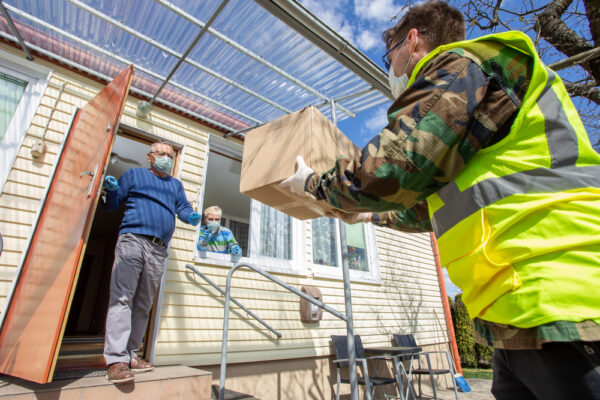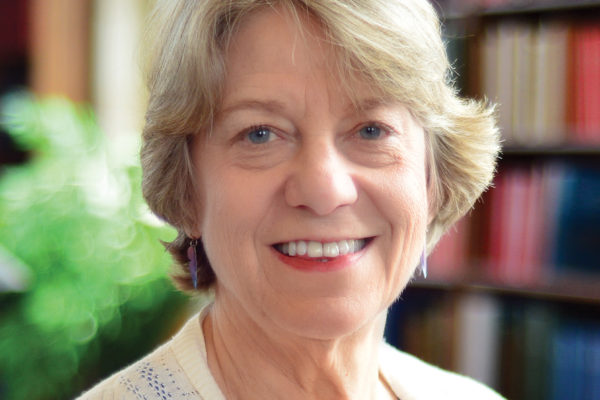Many countries reacted slowly and inadequately to the spread of COVID-19. Some critics have said this is due to initial reports of the disease, which indicated that it mainly affected older populations. Some, including the Texas lieutenant governor on Fox News, have even suggested that older Americans should be willing to sacrifice their health or lives for the good of the economy and the good of others.
“Older adults are not some kind of expendable commodity,” said Nancy Morrow-Howell, the Betty Bofinger Brown Distinguished Professor of Social Policy at the Brown School at Washington University in St. Louis and an international leader in gerontology.
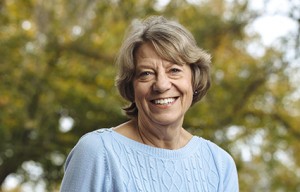
“I feel saddened when I hear it suggested that this disease ‘only’ impacts old people,” said Morrow-Howell, director of the university’s Friedman Center for Aging. “The older population is very heterogeneous and most people over the age of 65 are fit and functional — engaged individuals who contribute greatly to their families and to society.”
While it is true that older adults have been disproportionately affected by the coronavirus, a number of younger patients have become ill or died as a result of COVID-19. According to the Centers for Disease Control and Prevention, young adults under the age of 44 comprise 20% of COVID-19 hospitalizations in the United States.
‘We need to remember that all of us are in this together — old and young alike. We need to come out of this with more intergenerational solidarity.’
Nancy Morrow-Howell
“We are seeing that it is not age per se, but the fact that older age is associated with a number of risk factors that complicate the disease, including chronic health conditions, compromised immune systems and living in residential facilities,” Morrow-Howell said. “Chronological age is not an indicator in and of itself. It has more to do with overall health.”
She said it’s important to prevent “otherizing” older people during this epidemic and to avoid age stereotypes.
“I think it’s vital that we connect individual action, like social distancing and washing hands, to the common good,” Morrow-Howell said. “We also need to be descriptive about the risks, beyond old age. There are lots of people at increased ‘risk:’ children out of school who don’t have regular meals; restaurant workers without a paycheck; health care professionals on the front lines; people living alone who are experiencing isolation and anxiety; people with underlying health conditions. What can we do to ensure that all of us are as safe and well as we can be?”
Looking ahead to an eventual recovery from the virus, there are a number of issues that will need to be monitored in the older population, she said. We will have to deal with:
- Set-backs to efforts to confront the image of old age as a state of frailty, vulnerability, primarily in need of compassion.
- Impacts of economic shutdown on employment and reemployment of older workers who face age discrimination in the work setting.
- Effects of stock market decline to retirement savings.
- Erosion of usual care and community services in time of crisis.
- Longer-term effects of social isolation.
- Lasting health problems/morbidity following COVID-19 illness.
“We need to remember that all of us are in this together — old and young alike,” Morrow-Howell said. “We need to come out of this with more intergenerational solidarity.”
WashU Response to COVID-19
Visit coronavirus.wustl.edu for the latest information about WashU updates and policies. See all stories related to COVID-19.
